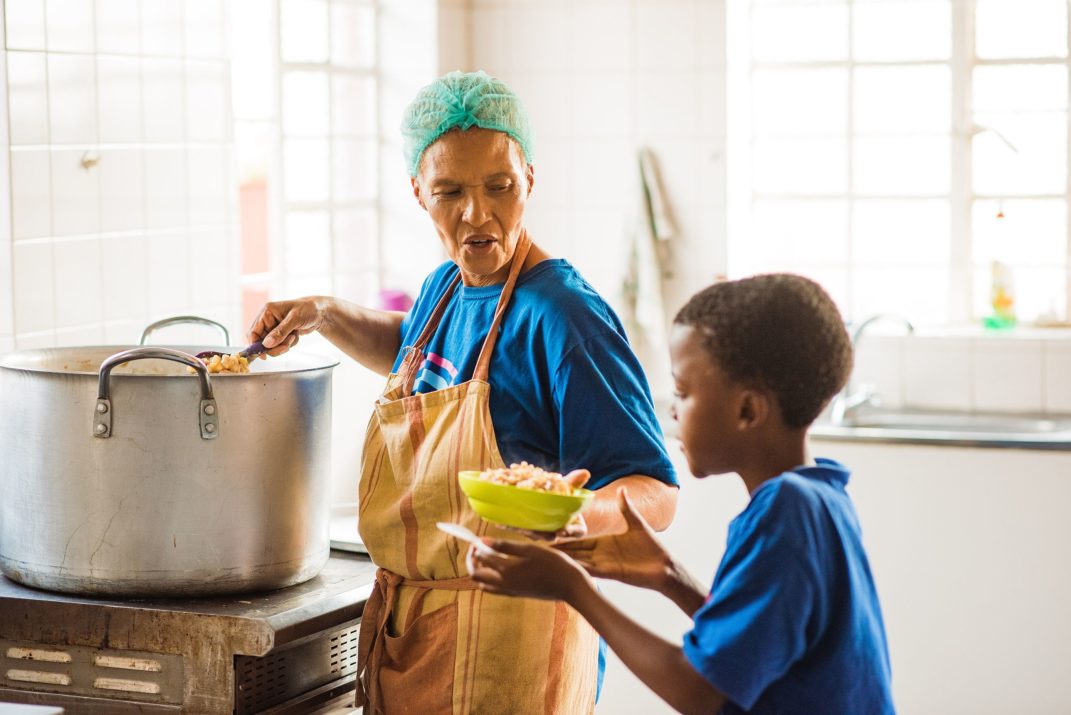
World Food Day on Sunday 16th October is a strong reminder around not only access to food, but also its potential.
According to Andra Nel, Marketing Manager Brand & Purpose at KFC South Africa, hunger is the gate keeper to solving many other societal challenges, since a hungry child can't grow, learn or thrive. In adulthood, the effects of malnutrition result in individuals underperforming and not contributing to society as much as their potential should allow. And it is for this reason that KFC’s Add Hope not only continues to ramp up its effort – having served more than 250 million meals since inception – but a bold ambition to reach the 500 million mark by 2030.
Food insecurity is a tangible challenge facing our nation, significantly affecting South Africa’s poorest citizens, and impacting children most of all. When hunger impacts on the youth, it is not only heartbreaking to observe, but also traps these individuals in a cycle of lost opportunity and educational stunting from which it is nearly impossible to break free.
“We know that hungry children are also more likely to have reduced self-confidence and emotional ability to connect with people, so it also impacts on mental wellness,” says Nel. “On top of this, there remains many physical comorbidities that result from hunger. This is one of the many reasons we are proud of KFC’s Add Hope programme, because it not only helps to address food insecurity – knowing there is a next meal, but also many societal challenges. We have almost 150 000 children that are part of the programme but what is more crucial than the number of kids being fed, is how regularly these youngsters are receiving a meal, as this is what amounts to food security.”
When it comes to hunger, the South African statistics are quite horrifying: around 6.5 million people struggle with hunger regularly. And of those, 45% under the age of five go to bed hungry or suffer malnutrition and cannot afford a healthy diet.
“Today, more than ever, we need to look at mechanisms that address the inequality in access to food – one that tackles transformation and ensures food is a basic right – especially for children. Together we can create a snowball effect, in the spirit of ubuntu. We believe our role goes beyond the short term of solving the hunger challenge faced by so many South African children. We also focus on the long-term aspects of physical and mental well-being, and their ability to concentrate better and learn more effectively. After all, this is what will ultimately make them more productive citizens and thus ensure a brighter future for our country as a whole,” concludes Nel.
